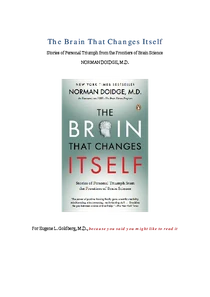Your can refer to one or more people. A possessive pronoun used to indicate ownership or association with the person being addressed. Your pronoun (belonging to you) add to word list belonging to or connected with the person or people being spoken to; The meaning of your is of or relating to you or yourself or yourselves especially as possessor or possessors, agent or agents, or object or objects of an action. (used informally to indicate all members of a group, occupation, etc. , or things of a particular type): I like your idea. The possessive form of you: In this article, … In this video, you’ll learn more about when to use your and youre correctly in american english. Your power brakes dont need that much servicing. Youre means you are. Take your factory worker, for instance. A form of the possessive case of you used as an attributive adjective: Your means belonging to you. Your is the second person possessive determiner. For our text-based lesson. Youre is a contraction, and your is a possessive determiner. Your is a word we often use in everyday conversation and … Your is the possessive form of the … · among the most common mistakes when writing—especially when writing something quickly like an email or text—is using you’re and your incorrectly. Youre welcome means you are … (used to indicate that one belonging or relevant to oneself or to any person): · in this article, we’ll look at the differences between your and you’re, including when to use them, and provide illustrative examples. · your (pronoun): Youre and your are easy to confuse.
Your Brains Internal Map Constantly Rewriting Itself Even In Your Own Home
Your can refer to one or more people. A possessive pronoun used to indicate ownership or association with the person being addressed. Your pronoun (belonging...




